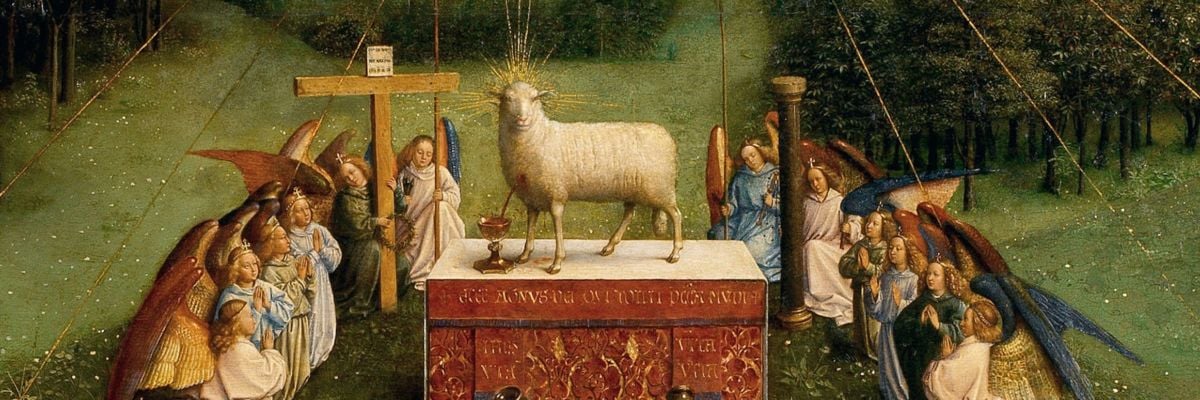
Question:
Answer:
Isaiah 56–66 represents a section of Isaiah that many scholars believe was written just after Israel’s return from exile, and it was really focused on the restoration of all things, for example, the temple and the like, in Israel. But for us as Christians, we believe that it refers to the greater fulfillment of the restoration of all things (in the entire universe!) in Jesus Christ. This becomes an important point to recall because, as is the case with almost all prophecy in the Old Testament, there is usually an Old Testament fulfillment on the literal level and a fuller and final fulfillment in Christ.
Thus, on the literal level, this prophecy would refer to the Gentile converts who saw the suffering witness of faithful Jews during the exile and converted to Judaism. They would literally bring their sacrifices to the temple just as any other Jew would. But on the spiritual level it refers to the bread and wine—along with the sacrifice of our entire lives (see Rom. 12:1–2)—that we all bring to the altar in the New Covenant. Whether we are cradle Catholics or converts, we offer all things to God in Christ, as the only acceptable sacrifice to God.



